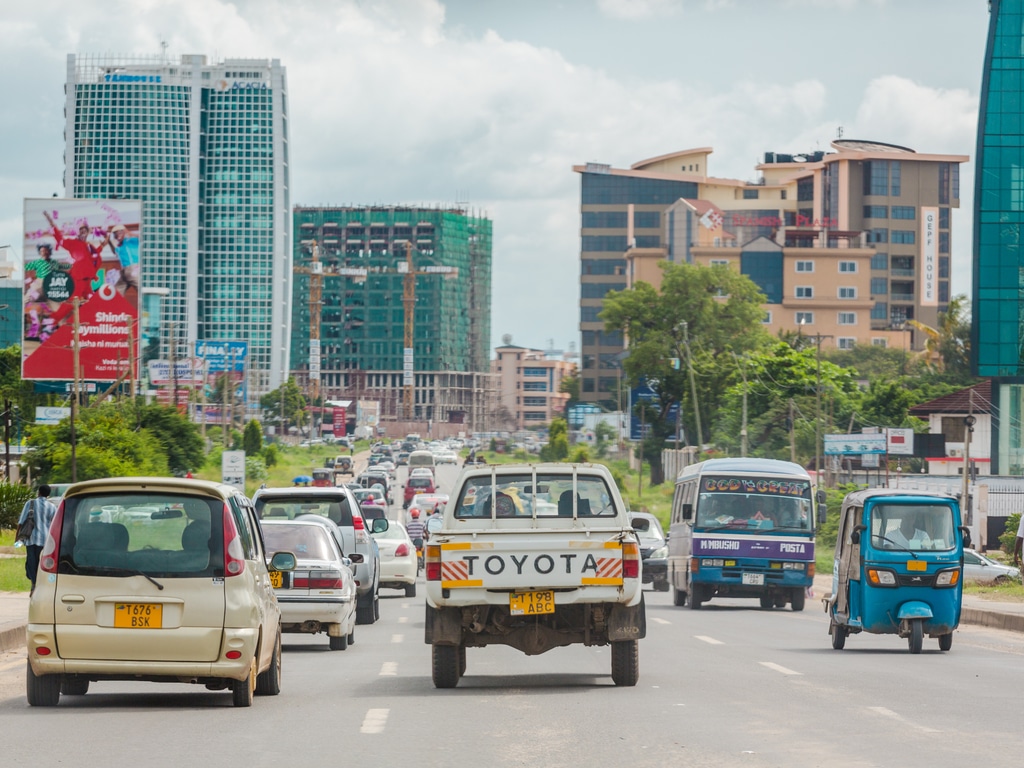After exempting electric vehicles from import duties in March 2022, the government of Togo is launching the Electric Mobility Transition Support Project 2022-2026. The implementation of this initiative, which aims to decarbonise the Togolese transport system, is supported by the United Nations Environment Programme (UNEP).
“The national greenhouse gas (GHG) inventory report for the year 2018 reveals that road transport alone is responsible for 56% of CO2 emissions. It is therefore a question of setting up an integrated, sustainable and low-carbon transport system through the institutionalisation of electric mobility,” says the Togolese Ministry of the Environment and Forest Resources.
This project, financed to the tune of 800,000 dollars (524 million CFA francs) by the Global Environment Facility (GEF), is being launched at a time when a recharging station for electric vehicles will soon be operational in the Adétikopé industrial platform located 37 minutes from the capital Lomé.
Promoting sustainable transport
In Togo, the ecological transition is no longer the sole prerogative of the State since it is also attracting foreign investors. This is the case of the Indian car manufacturer Mauto Electric Mobility (M Auto) which recently announced the marketing of its two electric motorbike models “Chap Chap” and “Commando” by 2023 in Togo. These two-wheeled machines will contribute to the reduction of air pollution caused by combustion vehicles, as well as to the creation of 2,000 jobs in the transport sector for young Togolese.
Read also-BENIN/TOGO: IFC lends $10m to Gozem for the deployment of 6,000 electric motorbikes
M Auto is also present in Benin where it wants to market one million electric motorbikes in order to promote green mobility in the West African community. In addition to production, the company intends to convert conventional motorbikes (with combustion engines) to electric.
Benoit-Ivan Wansi
